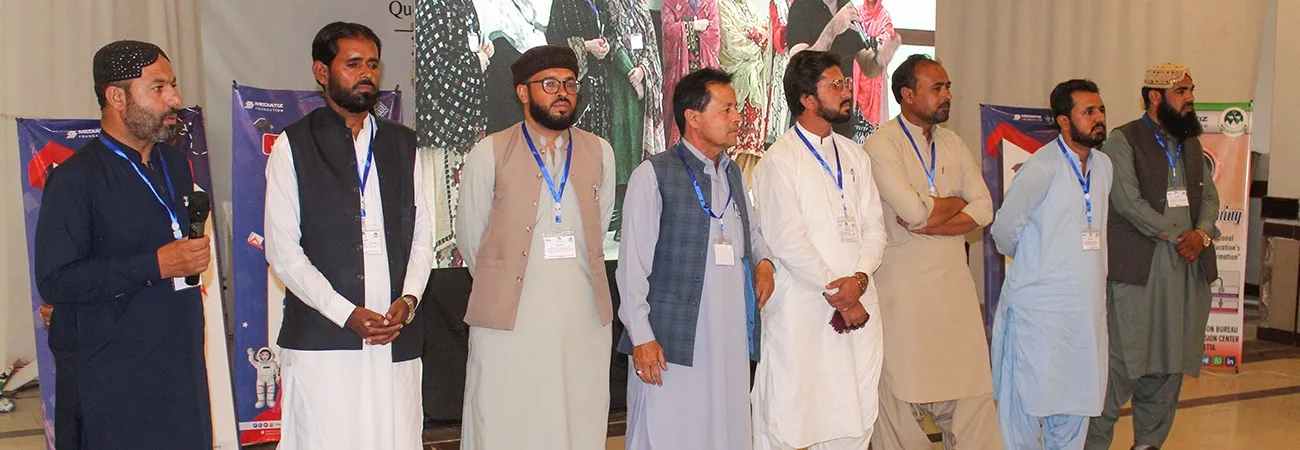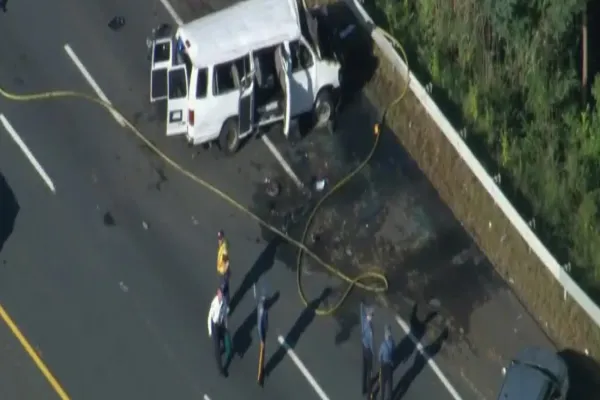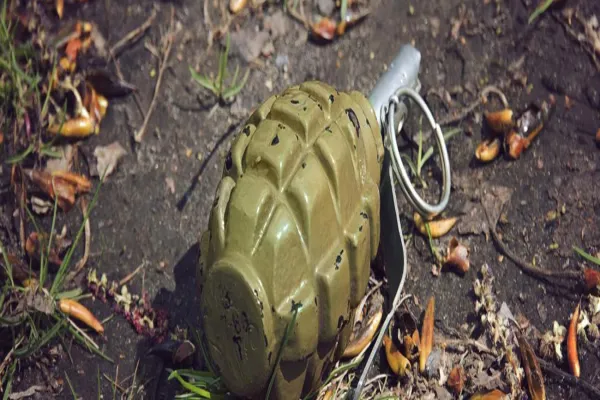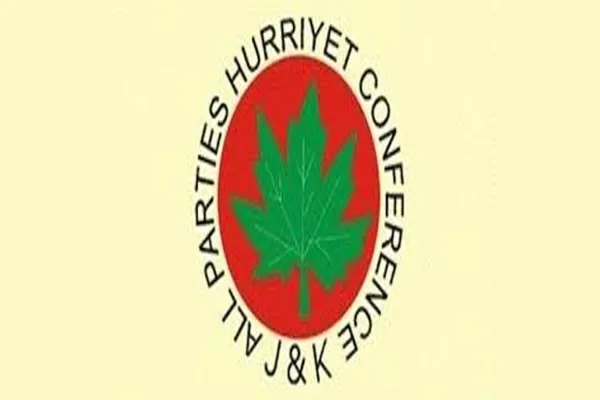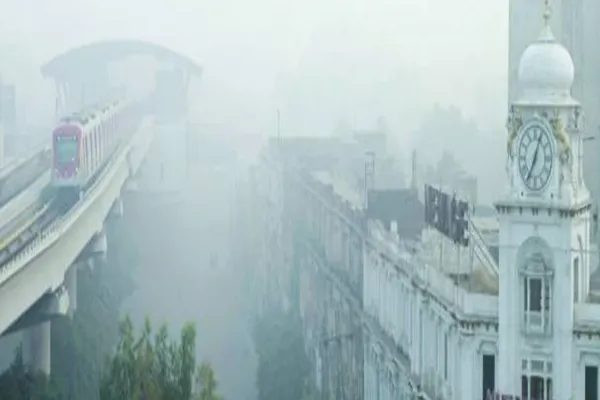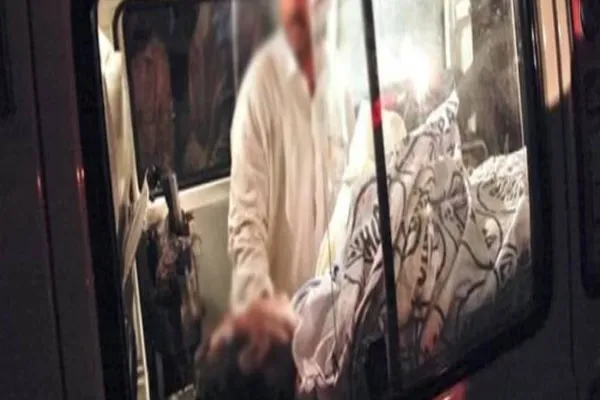i NEWS PAKISTAN
In a province where education has often faced constraints such as limited resources, traditional curricula, and infrastructure gaps, a new initiative is being recognized as a turning point. Over a period of one and a half months, 3,000 teachers from across Balochistan completed training in media and information literacy (MIL), a program experts believe could transform not only classrooms but also the way families and communities engage with the digital world.
Organized by the Mediatiz Foundation, a nonprofit operating in the EdTech sector, in partnership with the Bureau of Curriculum and Extension Center, Quetta, the program was rolled out in ten 3-day cohorts across two phases. Each 3-day session aimed to immerse educators in digital skills, critical thinking, and responsible media engagement, making it one of the most extensive teacher development initiatives in the province’s history. The urgency could not be sharper.
Pakistan’s digital sphere has expanded at breakneck speed, linking communities that were once isolated but also unleashing new vulnerabilities. From viral misinformation and online fraud to cyberbullying and unsafe digital habits, today’s young generation must navigate an environment that offers opportunity on one hand and real danger on the other. Balochistan’s challenge is even more complex. With its vast geography and scattered population, aspirations for progress often collide with limited resources.
The latest census confirms that nearly 60 per cent of the province is under 25, while literacy still hovers around 41 per cent and almost seven out of ten children remain out of school. Digitization and media literacy, if harnessed positively, offer pathways to bridge isolation, expand opportunities, and help young people think critically in a world where information shapes every choice. Global bodies echo this concern.
UNESCO has consistently framed media and information literacy as a cornerstone of 21st-century education, warning that without it, societies risk being overwhelmed by disinformation even as they strive to benefit from digital progress. Awais Zahid Abbasi, one of the program’s trainers, noted that “media literacy is no longer optional. It is as fundamental as reading and writing, because students are engaging with digital platforms long before they enter a library.”
Across two phases and ten cohorts, the training unfolded as a deliberate journey into the digital age, equipping teachers with tools that were both practical in classrooms and transformative in perspective. Educators from every district of Balochistan took part, representing a wide spectrum of experiences and challenges shaped by their local contexts. For many, it was their first encounter with Pakistan’s pioneering civic and media literacy curriculum, where discussions moved beyond the promises of technology to confront its perils: cyberbullying, disinformation, privacy breaches, and unequal access.
Local case studies and fact-checking tools turned abstract risks into tangible lessons, while interactive sessions showed how digital platforms could bridge the gap between classrooms and communities. The emphasis was not only on recognizing the dangers of the digital world but also on exploring how young people could be equipped to thrive in it. “It was something amazing. We learnt a lot about media and digital tools. It was something amazing. We learnt a lot about media and digital tools.
The training was phenomenal,” recalled Deepak Kumar, a teacher from Quetta, capturing the enthusiasm shared by many. Practical exposure deepened this learning. Teachers explored the Mediatiz LMS and the Khudi app, discovering how to adapt lessons for both urban classrooms and remote villages. They practiced designing and delivering their own classes, building confidence through peer exchange and group discussion. “This workshop opened new doors for us as teachers to guide our students responsibly,” said Somiya Naseem from Kech.
For many, the sessions proved as much a personal awakening as professional development. Several admitted they were forced to reflect on their own digital habits before guiding their students. “It helped me understand not just how to protect myself online, but how to empower students for positive digital use,” added Masood Ahmed from Lasbella. Furthermore, guest speakers underscored the larger responsibility of teachers, not only as educators but as digital role models shaping informed, ethical citizens in Balochistan’s classrooms and communities.
For teachers, the initiative has already become more than just a professional training. “This feels like the start of a movement,” said Bakhtawar Noor from Chaghi. Together, these experiences laid the foundation for a ripple effect that would soon extend far beyond the training halls The true genius of the initiative lies in its ripple effect. Each of the 3,000 trained teachers is expected to mentor at least one other colleague, effectively doubling the reach to 6,000 educators.
Beyond schools, this knowledge flows into households as well. Families benefit when children bring home new digital skills, sparking conversations, awareness, and confidence in navigating the digital world together. Beyond teachers, the Mediatiz Foundation has distributed 300,000 printed copies of the Media Mind curriculum across Balochistan. In schools without internet access, these books will serve as the backbone of structured digital literacy lessons.
This approach ensures that both urban and rural schools can benefit, regardless of infrastructure gaps. By placing teachers at the centre, the program also acknowledges the trusted role they play in Balochistan’s communities where a teacher is often not just an educator but also a community leader. At the closing ceremony, Balochistan’s Education Minister Madam Rahila Durrani described the initiative as “a milestone in the province’s educational journey.” She said: “Teachers are the torchbearers of progress.
By equipping them with media and digital literacy, we are preparing our youth to thrive responsibly in an interconnected world.” Abdul Salam Achakzai, Special Secretary to School Education, called the program “a historic event for Balochistan.” He added: “In this information-driven age, our children must not remain passive consumers of digital content. They must learn to think critically, question responsibly, and use technology constructively.”
Dr. Muhammad Rehan Rasheed Tanoli, CEO of the Mediatiz Foundation, reinforced the organisation’s long-term vision: “Despite infrastructure challenges, media literacy enables us to reimagine education in Balochistan. By embracing digital tools responsibly, we are equipping a generation with resilience, critical thinking, and the ability to lead in a globalised world.” The Mediatiz Foundation has already set its sights on the next phase: training 90 master trainers in Islamabad. Carefully selected from these cohorts for their skill, leadership, and commitment, these educators will serve as district focal persons, ensuring smooth implementation across Balochistan.
Their role will be pivotal in sustaining momentum and anchoring the program within local education systems. Observers say this plan addresses a key weakness in past reforms: sustainability. By investing in a network of focal persons, the initiative creates local ownership, reducing reliance on external interventions. Analysts believe this initiative could mark a turning point for Balochistan’s schools. By embedding media literacy into classrooms, it is designed to strengthen critical and creative thinking, promote responsible digital citizenship, and reduce students’ vulnerability to online risks.
At the same time, it fosters inclusivity and respect for diverse voices, laying the groundwork for long-overdue education reform in Pakistan’s least developed province. In a province often seen as trailing in educational reform, the classrooms of Balochistan may well be on the brink of transformation where digital awareness becomes as essential as pen and paper, and teachers lead the way into a more informed and resilient future.
Credit: Independent News Pakistan (INP)



